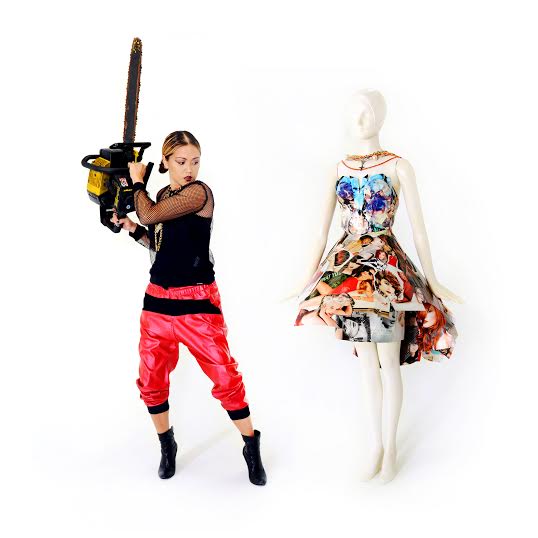- California Assembly OKs highest minimum wage in nation
- S. Korea unveils first graphic cigarette warnings
- US joins with South Korea, Japan in bid to deter North Korea
- LPGA golfer Chun In-gee finally back in action
- S. Korea won’t be top seed in final World Cup qualification round
- US men’s soccer misses 2nd straight Olympics
- US back on track in qualifying with 4-0 win over Guatemala
- High-intensity workout injuries spawn cottage industry
- CDC expands range of Zika mosquitoes into parts of Northeast
- Who knew? ‘The Walking Dead’ is helping families connect
‘Stereotype This!’
Korean American female rapper is making waves in Christian music scene
HeeSun Lee’s second album debuts at No.7 on iTunes’ Christian/Gospel chart

The 16-track record carries verses about doing away with stereotypes and with the status quo, HeeSun Lee says.
HeeSun Lee, a Korean American female rapper based in New York, is making waves in the Christian music scene with her album Stereotypes.
The album, the second since 2008 from the 30-year-old artist, debuted at No. 7 on iTunes’ Christian/Gospel chart and No. 25 on Billboard’s Gospel rankings upon its release on Jan. 21.
The 16-track record carries verses about doing away with stereotypes and with the status quo, she says. “It’s so refreshing to do what I do. Hearing the craziness, the trash we’re hearing all the time in rap music, it gets tiresome,” Lee says. “It’s to the point where it’s like, ‘Just give me something else.’ People are looking for something different.”
Christian rap as a genre is certainly different. Add the labels ‘female’ and ‘Korean American’ into the mix, and Lee becomes a downright rarity — one, she says, who has never been “normal.”
Born in Korea and adopted by Chinese American parents when she was four months old, she grew up without knowing much about her origins. Her parents named her Cynthia and call her Cindy. She spoke only English growing up.
In high school, she went out of her way to make Korean friends and soaked up their introduction to Korean culture and language, she says.
But it was difficult to escape occasional disapproval. In one instance, a man at a Korean church passed along a derogatory remark after learning she didn’t understand what he was saying to her in the mother tongue. She fell into a web of identity issues, which is still a topic explored in her music, she says.
“Feeling rejected by your own race can have a negative effect on you, but I feel like I got through it. I want to embrace my culture, to know as many things as I can now,” Lee says.
When it was time for her to choose a stage name, she combined both her Korean and given roots — “HeeSun,” the name christened to her by her foster mother, and “Lee,” the Chinese last name of her adopted parents.
For Lee, quoting Bible verses isn’t what Christian music is all about. “It’s not always ‘Jesus Christ,’ ‘Jesus Christ’ in every track,” she says. “It’s more about hopeful records people can relate to, like stereotypes and being a woman in society not knowing your worth.”













